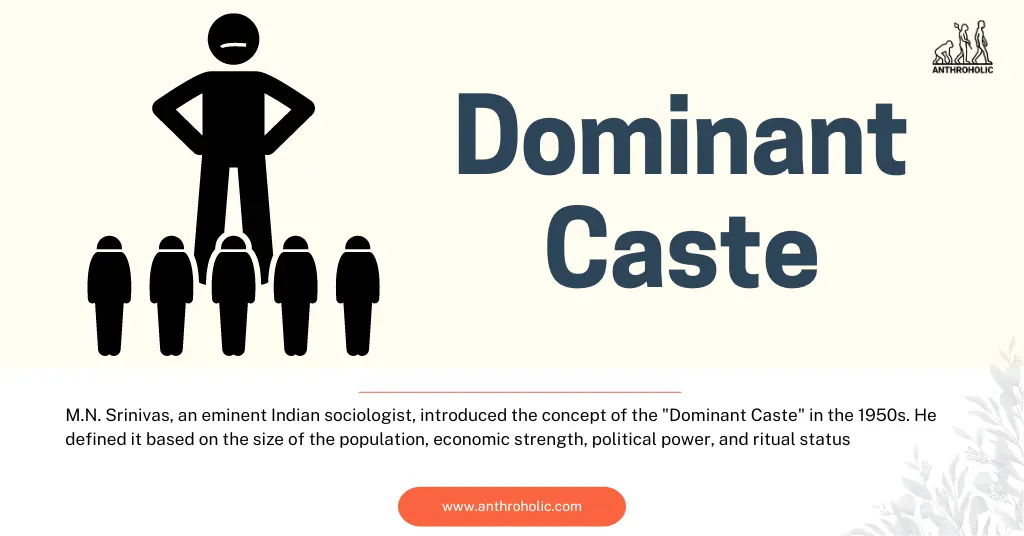AI Answer Evaluation Platform Live Now. Try Free Answer Evaluation Now

How Anthropology Daily Answer Writing Prepares for UPSC Mains Exam
This is where Anthropology Daily Answer Writing becomes crucial. Integrating Anthropology Daily Answer Writing into your study routine can dramatically improve both the quality










